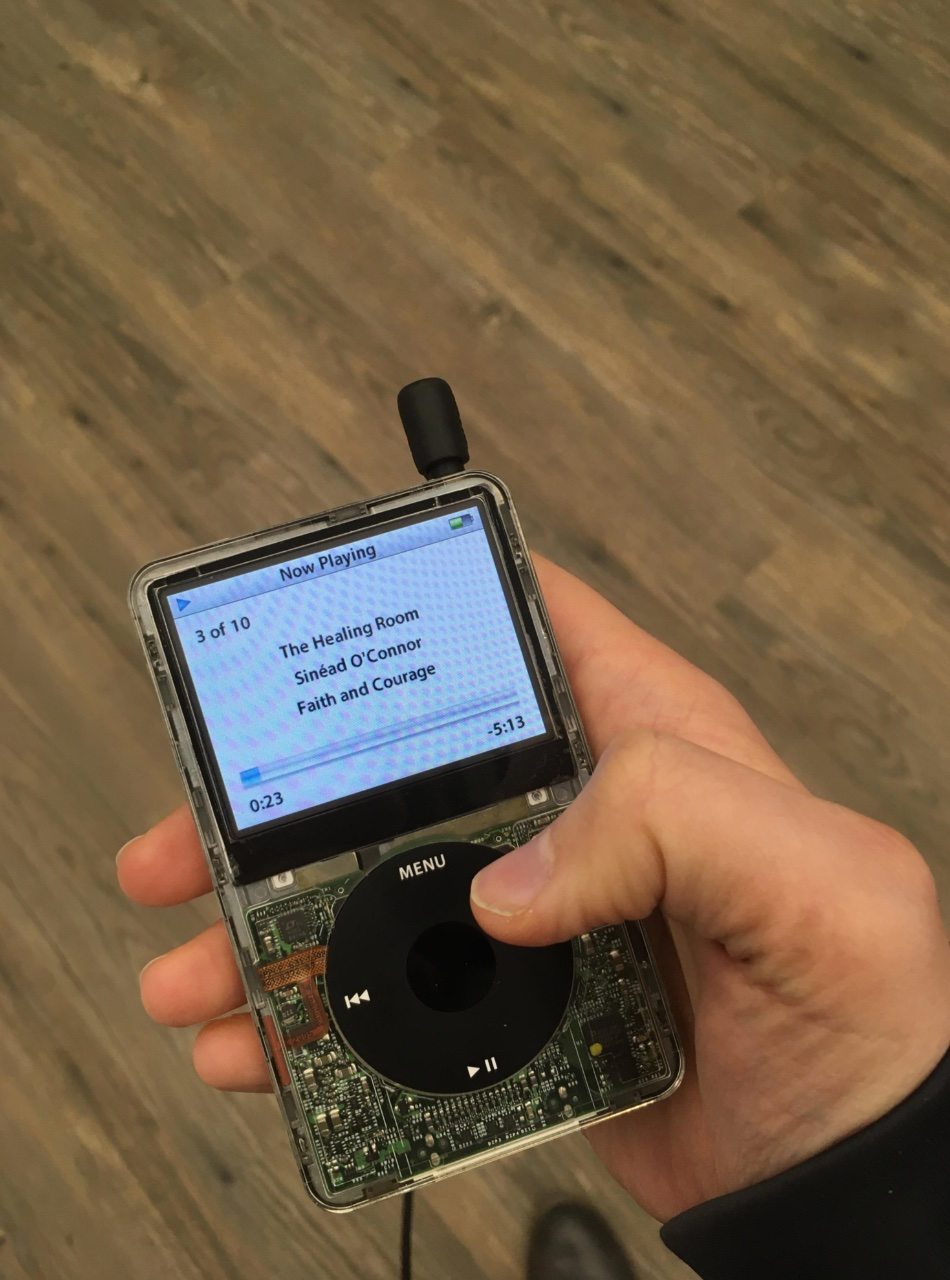959
you are viewing a single comment's thread
view the rest of the comments
view the rest of the comments
this post was submitted on 05 Apr 2024
959 points (98.5% liked)
I Made This (MOVED TO LEMMY.ZIP)
3551 readers
1 users here now
We've moved to !imadethis@lemmy.zip due to the shutdown of lemm.ee - join us there!
~~Did you make something? Do you want the fleeting rush of endorphins that come with affirmation from strangers? Do you think what you made is neat? Share it here!~~
~~Paintings, movies, music, drawings, models, gardens, houses, snowmen, sandcastles - if you made it, you can post it.~~
~~RULES~~:
~~Some things you make are not to be shared. These include~~:
- ~~Messes~~
- ~~Children~~
- ~~Biological... byproducts~~
- ~~Bigotry~~
~~Do not be a jerk.~~
- ~~No racism, sexism, homophobia, transphobia, ableism, classism, or bigotry of any kind.~~
- ~~Don't try to sell stuff unless people ask. You can post your Etsy (or similar) if someone prompts you. No spamming self-promotion.~~
<3
founded 2 years ago
MODERATORS

Could just be the regular battery not having to supply power to an energy sucking spinning disk.
Probably the same original form factor but a new lithium ion
I think the SSD uses more power than the original hard drives do. I bought an adapter for the iPod classic to put an SD card in it and there was a few articles about power draw being higher for ssds. I might be misremembering the comparison though, it's been a couple years.
That may be due to other factors. I will be up front that I don't have a lot of specifics, but I do know this: in retro computing, SD is hard to implement as a replacement for old-school disks because it means a lot of overhead. For that reason, Compact Flash is still the preferred format for a lot of products aimed at that space.
Perhaps that is at play here, because increased overhead should also equal a reduction in battery life (modulo the spinning disk).
Wow, that's really surprising, you'd think a spinning platter would draw more power than solid state transistors
It's kind of surprising but not super surprising if you've ever seen the stock drive in them. The hard drives in the classic are tiny, 1.8inch 4200rpm units. Power draw on the drive case is half an amp at 3.3v. SSDs are like 5 watts plus whatever circuitry you need to convert the interfaces.
Bought an as-is lot of those via eBay.
Tested and verified broken before being sold “as-is”, I’m sure.
If I recall correctly, it was a special made spindle that could handle many spin ups and downs, and they used a massive 10 minute buffer so it loads up the buffer and spins down.